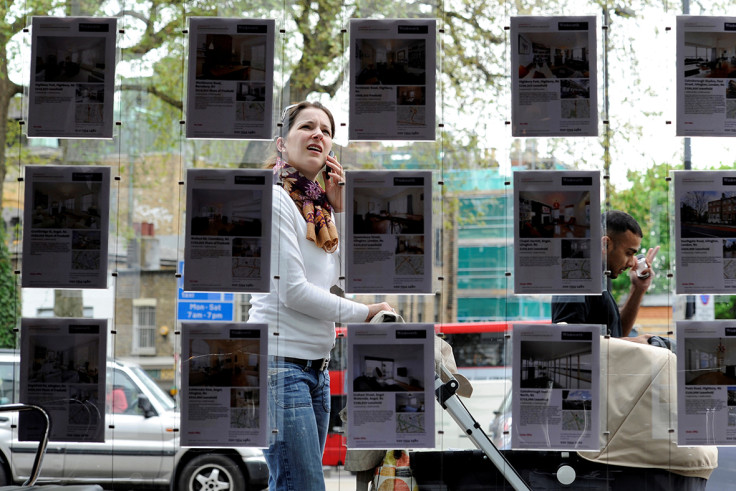UK house prices edged up in November as a property supply slump entered its ninth month
Rics survey in November 2016 shows rising demand putting pressure on house prices as supply stalls.

The supply of homes coming onto the housing market has failed to increase for a ninth consecutive month, pushing up house prices as demand from homebuyers continues to rise.
According to a monthly poll of its members by the Royal Institution of Chartered Surveyors (Rics), there was a balance of zero between agents reporting an increase in supply or a fall in November across the UK.
Demand rose slightly during the month with 13% more surveyors reporting a rise in new buyer enquiries than a fall. The number of sales agreed also rose, with 9% more respondents reporting a growth in activity, the highest reading since February.
But the mix of rising demand and flat supply sent the balance between those reporting a rise in prices rather than a fall up to 30%, the highest level since April.
"Although there are some signs that the numbers may begin to edge upwards in the new year," said Simon Rubinsohn, chief economist at Rics, "the combination of macro uncertainty, the ongoing supply shortfall, with stock levels around historic lows, and the myriad of tax changes impacting on buyers suggest that any pick-up in activity will be relatively modest.
"This is significant not just for the housing market itself but also for the wider economy given how much of consumer spending is tied in with home purchases."
House price growth accelerated in November, said the monthly index from Halifax building society, but is set to slow over the coming year as pressures build in the housing market.
Halifax said the average UK house price rose annually by 6% to £218,002, up from a 5.2% year-on-year growth rate in October. On a monthly basis, house prices grew 0.2% in November.
"Despite November's pick up, the annual rate has been on a steady downward trend in recent months since reaching a peak of 10% in March," said Martin Ellis, housing economist at Halifax.
"Heightened affordability pressures, resulting from a sustained period of house price growth in excess of earnings rises, appear to have dampened housing demand, contributing to the slowdown in house price inflation.
"Very low mortgage rates and an ongoing, and acute, shortage of properties available for sale should help support price levels although annual house price growth may slow over the coming months."
© Copyright IBTimes 2025. All rights reserved.






















